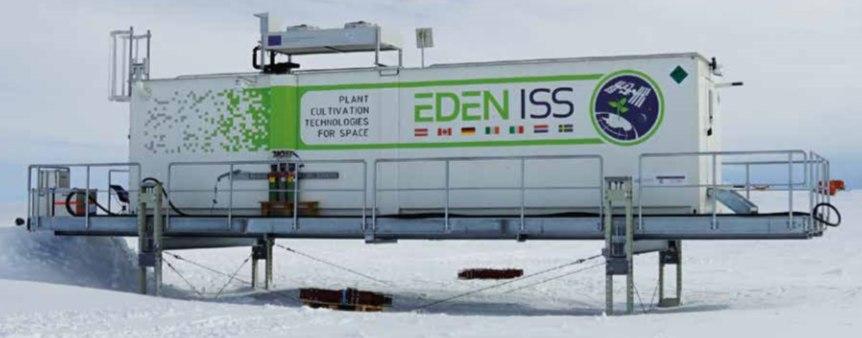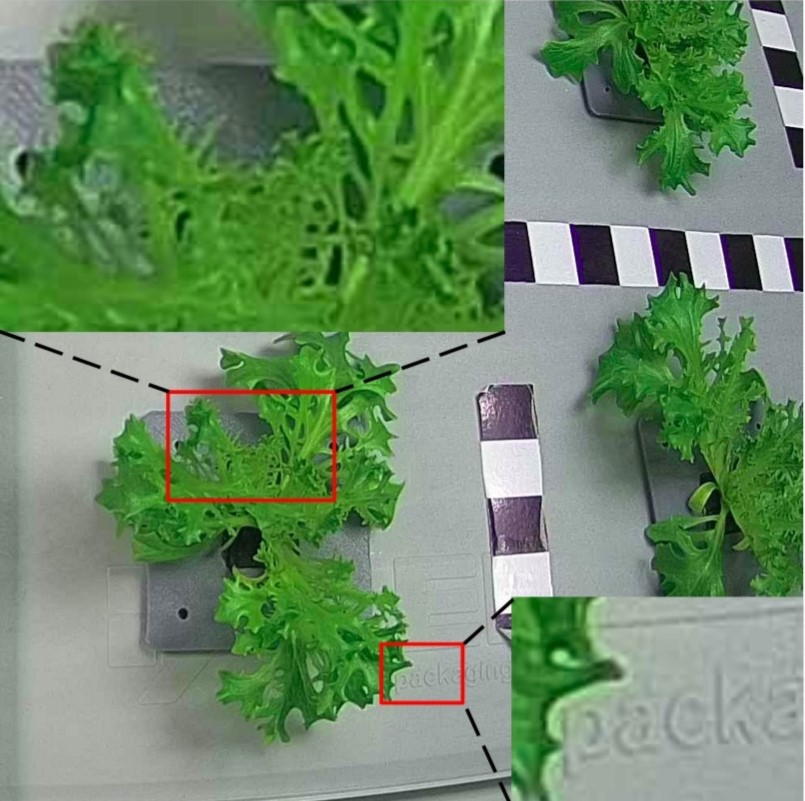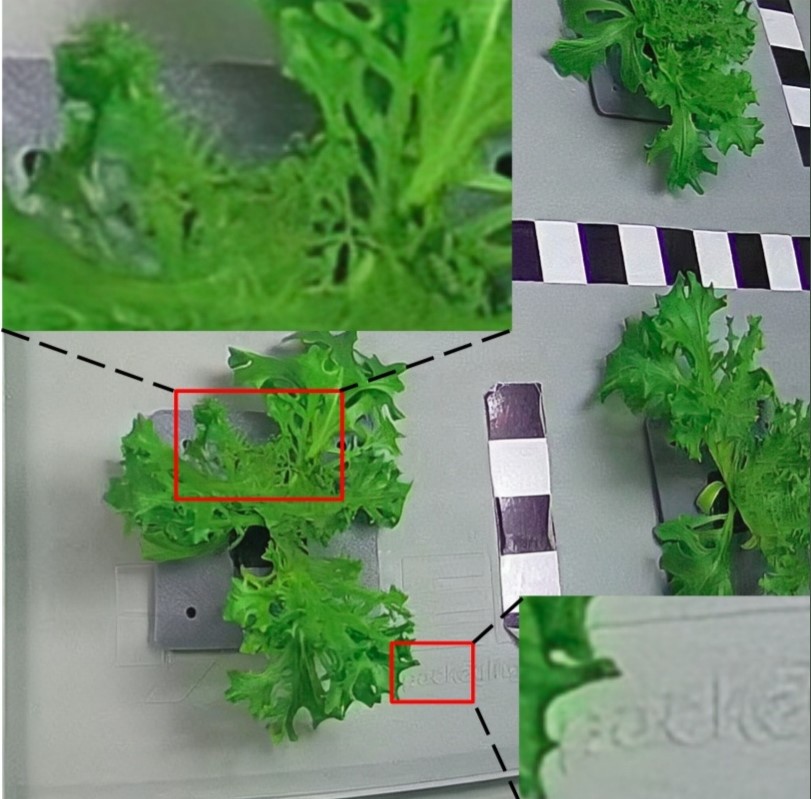
Scientists at the Skoltech Center for Computational and Data-Intensive Science and Engineering (CDISE) and the Skoltech Digital Agriculture Laboratory, together with the German Aerospace Center, have developed an entirely new artificial intelligence system. It will be able to process images taken from autonomous greenhouses that will presumably be on Mars and control plant growth, automating the entire cultivation process, reports World of NAN, citing the Skoltech press office.
Modern technology has long been an integral part of everyday life, affecting all aspects of human life on Earth. And now mankind is facing a new challenge - the conquest of other planets. Since the greenhouse will be the only source of fresh food for the crew of the spacecraft and settlers on the red planet, the development of technologies based on artificial intelligence and machine vision to automate the processes of growing plants is a priority research task.
"A testbed for the development and testing of high-tech life support systems already exists. To date, one autonomous module for plant cultivation, located at Antarctic station Neumayer 3 near the South Pole, is in operation. The main task of scientists - to create an artificial intelligence system that could collect information on all factors necessary for plant growth, the state of seedlings and manage the greenhouse in autonomous mode without human involvement", - say representatives of the press office.

"Maintaining uninterrupted communication with the Neumayer 3 station is impossible, and training computer vision models on board is too resource-intensive, so we faced the task of sending a stream of photographs of growing plants for data processing and analysis on external servers," explains Skolkovo Institute of Science and Technology graduate student Sergey Nesteruk.
Module for cultivation of plants in the Antarctic station
The result of the work of researchers from Skoltech has a new approach to working with images collected at remote automated systems, using convolutional neural networks, which allows you to reduce the size of the picture without any apparent loss of quality by more than 7 times compared with popular codecs. From the information obtained from the reconstructed images, a computer vision algorithm was trained, capable of classifying 18 plant varieties at different stages of development by species with an accuracy of 92%. This approach allows not only visual control of the system process, but also the continuous collection of new data for training machine learning models to expand their functionality.
The developed systems are planned to be installed and tested directly at the station, which will serve as an important step towards automating the plant modules. This means that in the near future one barrier to the conquest of Mars will be reduced.
Смотрите больше интересных агроновостей Казахстана на нашем канале telegram,
узнавайте о важных событиях в facebook и подписывайтесь на youtube канал и instagram.











































Обсуждение